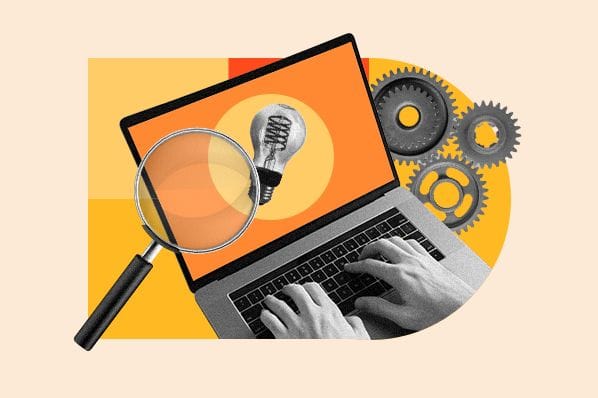Barbie-maker Mattel Partners with OpenAI to Make Artificial Intelligence Child’s Play: Analysis Report
5W1H Analysis
Who
Mattel, the renowned toy manufacturer behind Barbie, is partnering with OpenAI, a leading artificial intelligence organisation. Key stakeholders include executives, product developers, and marketing teams from both companies, as well as end consumers and children.
What
Mattel and OpenAI announced a partnership to integrate artificial intelligence into children's play experiences. This collaboration aims to create “age-appropriate AI play experiences,” enhancing interaction and educational aspects of toys.
When
The announcement was made public on 12th June 2025. The timeline for the implementation and release of these AI-enhanced toys remains to be specified, but it aligns with ongoing developments in the tech and toy industries over the past year.
Where
The impact of this partnership is global, particularly affecting key markets in North America, Europe, and Asia, where both companies have significant consumer bases and distribution networks.
Why
The motivation behind this partnership lies in the evolving consumer demand for educational and technologically advanced toys. By integrating AI, Mattel aims to modernise its product offerings, attract tech-savvy consumers, and maintain competitive advantage in the toy industry.
How
This partnership will leverage OpenAI's expertise to develop AI-based features tailored for children, incorporating robust safeguarding measures to ensure age-appropriateness. The collaboration likely involves extensive R&D, user testing, and iterative design processes.
News Summary
Mattel has joined forces with OpenAI with the objective of merging artificial intelligence into children's toys. The aim is to create new age-appropriate play experiences that leverage AI's capabilities, thus modernising traditional toys and addressing the market's demand for tech-integrated educational tools. This marks a significant evolution in Mattel's product strategy as they look to enhance user engagement and learning outcomes for children globally.
6-Month Context Analysis
Over the past six months, the toy industry has seen a growing trend towards integrating technology with traditional play. Several companies have released similar tech-enabled toys, focusing on STEM education and interactive play to cater to the digital habits of modern families. This partnership echoes a broader industry movement towards digitalisation and innovation, with educational toys and apps becoming increasingly prevalent.
Future Trend Analysis
Emerging Trends
- Fusion of AI with traditional toys marks a trend towards enhancing interactivity and educational content in children's products. - Rising consumer interest in educational toys that are engaging and foster skill development.
12-Month Outlook
In the next 12 months, we can expect Mattel to release AI-enhanced products, driving increased competition in the toy market. Other companies may accelerate their tech-driven initiatives to maintain market share. Regulatory scrutiny over AI use in children’s products could also intensify.
Key Indicators to Monitor
- Product release dates and early adoption rates. - Consumer feedback and sales performance in key markets. - Regulatory developments affecting AI use in children's toys.
Scenario Analysis
Best Case Scenario
The AI toys receive widespread acclaim for innovation and educational value, significantly boosting Mattel's market share and opening new revenue streams. The technology enhances learning outcomes, gaining trust among parents and educators.
Most Likely Scenario
Mattel successfully launches a line of AI toys, capturing tech-oriented consumers and rejuvenating interest in their brand. Gradual updates and improvements based on user feedback keep the products relevant and engaging.
Worst Case Scenario
Technical challenges or safety concerns over AI use in toys could lead to adverse publicity. Regulatory hurdles or managerial missteps might delay product launches, resulting in lost market opportunities.
Strategic Implications
- Mattel should prioritise transparency about AI's roles and safety in toys to build consumer trust. - Continuous consumer engagement and feedback loops will be crucial for refining and adapting products. - Strategic alignment with educational objectives could strengthen brand loyalty and market position.
Key Takeaways
- Mattel and OpenAI aim to innovate the toy industry by integrating AI, with significant implications for global markets.
- Technological advancements in toys reflect a broader trend catering to educational needs and modern consumer habits.
- Successful implementation depends on regulatory compliance and robust safety measures tailored for child users.
- Other industry players will likely follow suit, increasing competition in tech-enhanced educational toys.
- Monitoring consumer feedback and early sales will provide insights for future strategic decisions.
Source: Barbie-maker Mattel partners with OpenAI to make artificial intelligence child’s play


















Discussion